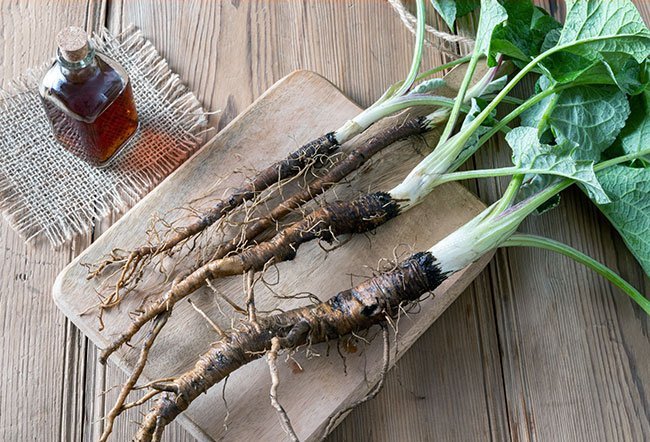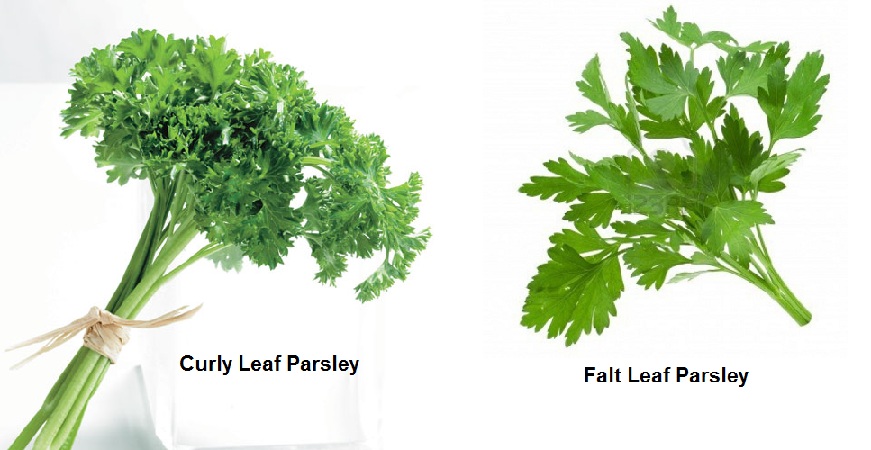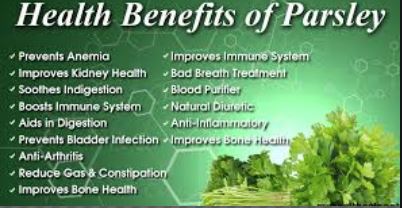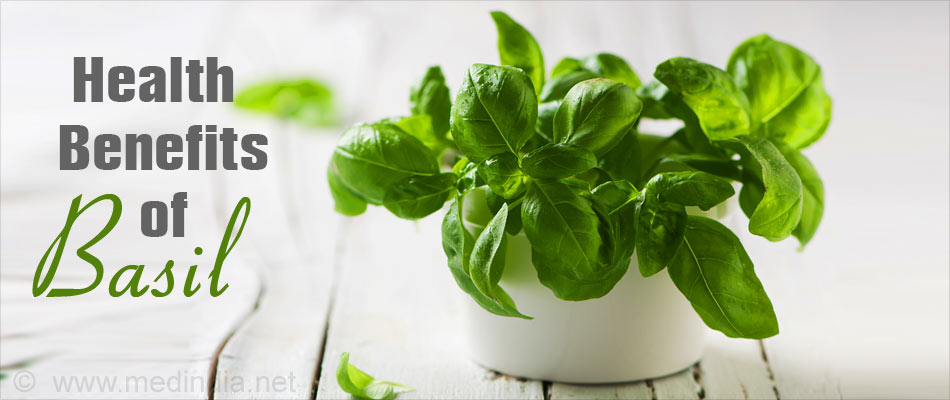Is Ketogenic diet really effective for weight loss?
The ketogenic diet (or keto diet) is generally a low carb, high fat diet with many health benefits. Several studies indicate that this type of diet can help you lose weight and improve your health. Diets high in ketones may even protect against diabetes, cancer, epilepsy, and Alzheimer’s.
What is a Ketogenic diet?

Ketogenic diets are low-carb diets (such as the Atkins diet). The goal is to get more calories from protein and fat and less from carbohydrates. The carbs that are easy to digest, like sugar, soda, pastries, and white bread, are the ones you cut back the most on.
By reducing carbohydrate intake drastically, fat is replaced. When you reduce carbs, your body enters a state called ketosis. As a result, your body burns fat extremely efficiently for energy. Additionally, it converts fat into ketones in the liver, which can supply energy to the brain. Diabetes and insulin levels can be reduced significantly by ketogenic diets. In addition, the increase in ketones has some health benefits.
Types of ketogenic diet.
The type of ketogenic diet is generally classified on the bases of ratio between diet followed for respective days with intake of nutrient content.
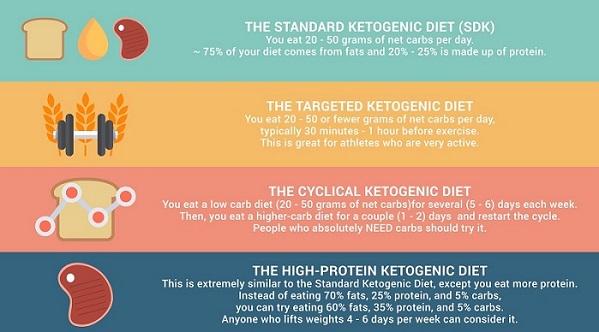
- Standard ketogenic diet (SKD): This is a very low carb, moderate protein and high fat diet. It typically contains 70% fat, 20% protein, and only 10% carbs.
- Cyclical ketogenic diet (CKD): This diet involves periods of higher carb refeeds, such as 5 ketogenic days followed by 2 high carb days.
- Targeted ketogenic diet (TKD): This diet allows you to add carbs around workouts.
- High protein ketogenic diet: This is similar to a standard ketogenic diet, but includes more protein. The ratio is often 60% fat, 35% protein, and 5% carbs.
The information demonstrated above is represented by standard and high proteion keto diet study. During a cyclical ketogenic diet, or targeted ketogenic diet, a bodybuilder or athlete can lose weight while gaining muscle.
How does Ketogenic diet works?
When you consume less than 50 grams of carbohydrates a day, your body eventually runs out of fuel (blood sugar) that it can use. It usually takes three to four days. Your body will then break down protein and fat for energy, which can lead to weight loss. This is known as ketosis. Despite the fact that the ketogenic diet targets weight loss rather than health, it should be noted that it is a short-term diet.
Who uses Ketogenic diet?
Generally, ketogenic diet is carried out by people who intend to loose weight and get their body in shape. Obese and fat people are major part of this health practise. However, ketogenic diet is a kind of diet that not only help with fatloss but also help in improving several disordered medical condition of a human body.
This practise is likely to improve several condition such as epilepsy, brain disease, heart disease, acne, cancer, diabetes, other nervous system diseases, and more. However, more research on these field are necessary before adopting.
Side effects

Although ketogenic diet is totally safe for most of the people, an individual may experience some initial side effects which is caused while your body adapts to the schedule. Several cases of side effects have been reported by the practising individuals but those effects can hardly last for no more than few days. Following are some of the common and uncommon side effects observed during ketogenic diet initial days.
- Vomiting
- constipation
- nausea
- diarrhea
- disconfort in digestion
- low energy and mental health
- issue while sleeping
- increase in hunger
- reduction in physical performance, etc.
An individul can minimize these temporary side effects by linearly decreasing the carb intake in their diet rather than sudden absence. This will help the body to adapt the diet and lifestyle more smoothly with minimal side effects.
Cautions and Contraindications
In case of pancreatitis, liver failure, fat metabolism disorders, primary carnitine deficiency, carnitine palmitoyltransferase deficiency, carnitine translocase deficiency, porphyrias, or pyruvate kinase deficiency, the ketogenic diet is contraindicated. Keto diets rarely cause false positive breath alcohol tests.
A false positive alcohol breath test can occur when acetone in the body is converted to isopropanol by hepatic alcohol dehydrogenase because ketonemia causes acetone to be reduced in the body to isopropanol.
REFERENCES:
- https://www.healthline.com/nutrition/ketogenic-diet-101
- https://www.webmd.com/diet/ss/slideshow-all-about-the-paleo-diet
- https://www.hsph.harvard.edu/nutritionsource/healthy-weight/diet-reviews/ketogenic-diet/
- https://www.ncbi.nlm.nih.gov/books/NBK499830/
- https://www.everydayhealth.com/diet-nutrition/ketogenic-diet/comprehensive-ketogenic-diet-food-list-follow/
- https://www.diabetes.co.uk/keto/ketogenic-diet-faqs.html
- https://www.veketorian.com/types-of-ketogenic-diet/
- https://blog.kissmyketo.com/articles/health/keto-diet-side-effects/
For more details, kindly visit below.
